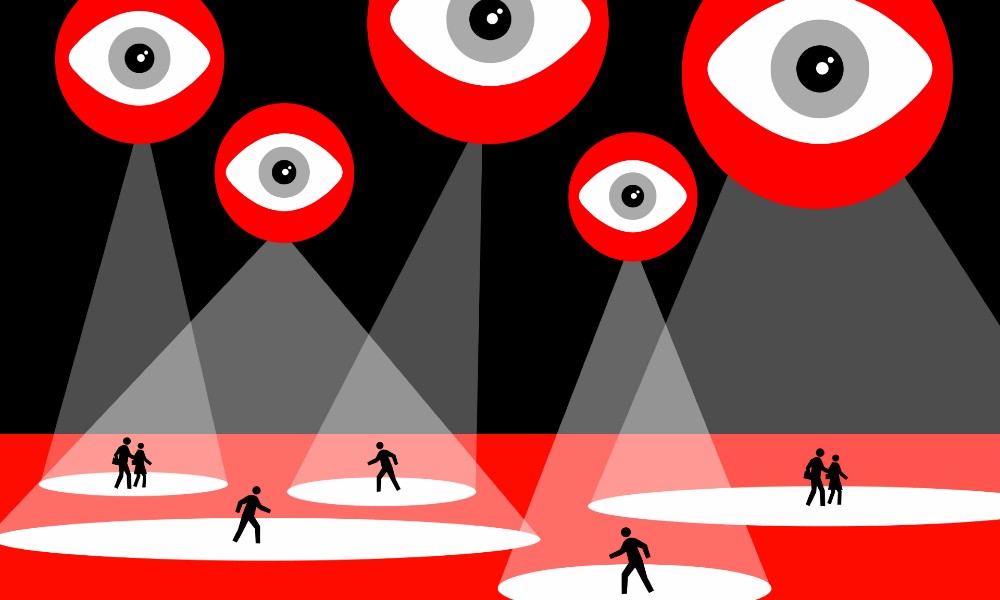
Keeping ourselves and loved ones healthy during the coronavirus pandemic is top priority, but while governments galvanize resources it’s important that as citizens of the world we be well aware what this means in its entirety. The use of surveillance to track the COVID-19 spread could foreshadow a very different future.
As part of the $2 trillion relief bill pushed through the senate this week, the CDC would receive a minimum of $500 million to upgrade its public health data surveillance and analytics infrastructure. There’s a lot of murkiness here, but the expectation is to see government make use of heightened surveillance through the end of the pandemic, and possibly for the foreseeable future.
Executive Director, Surveillance Technology Oversight Project Albert Fox Cahn told CNBC, “We have absolutely no reason to believe that the government agencies that are eager to expand their power in response to COVID-19 will be willing to see those authorities lapse once the virus is eradicated.”
A familiar voice offered thoughts on the matter, as well. Edward Snowden sees the heighted surveillance state as more permanent than expected. So while D.C. dawdles on how it intends to proceed, we’re seeing other nations illustrate real time examples of what this new reality could look.
Starting in Asia, Chinese citizens are anonymously reporting the installation of CCTV equipment at the homes of the quarantined. It is also tracking individual health status via digital barcodes and mobile apps, while the general population is receiving reminders from drones to wear masks. SIngapaore launched the app TraceTogether; Hong Kong has been monitoring the quarantine mandate with wristbands and an app; India is tracking cell data as well.
Moving to the Middle East, Israel started tracking and texting citizens that were possibly exposed to the coronavirus. Prime Minister Benjamin Netanyahu put the country’s internal security service Shin Bet on the job of cellphone surveillance to monitor impacted locations.
As an NPR report shared, hundreds of Israelis recently received an SMS including the message, "You were near someone sick with the coronavirus. You must immediately isolate at home [14 days] to protect your relatives and the public. ... This information will be used only for this purpose and will be erased when no longer needed. Sincerely, public health services."
These are just some of the methods at play, Business Insider reports 11 countries are now using people’s phones to track the pandemic. While it’s not exactly clear what the U.S government’s plans are, but Facebook and Google data appears in play as we know talks have taken place.
Maybe this is just me, but I have a difficult time trusting government not to overreach. Anonymous location data is a first step toward opening Pandora’s Box. COVID-19 is challenging governments around with the globe in myriad ways, and the balance of population wellbeing and personal privacy is a delicate dance.
Is big brother watching? To be continued…
Edited by
Maurice Nagle